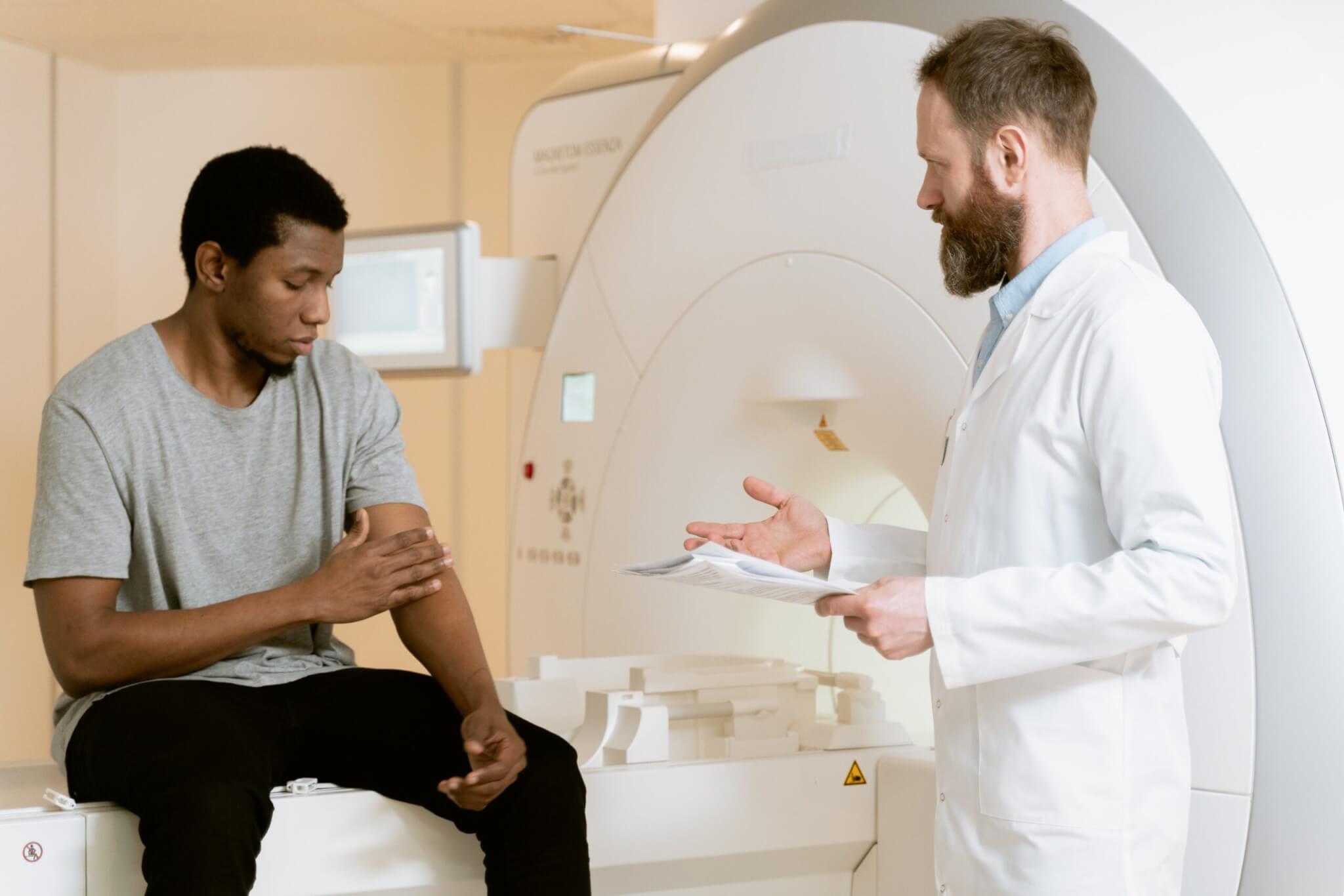
4 Important Things You Need to Know Before Genital Reconstruction Surgery
Living your life fully as your true self is extremely brave, and thankfully the medical process of transition is something that is receiving better insurance coverage. As a transgender or nonbinary person, if you choose to undergo genital reconstruction surgery (GRS), as part of your transition, there are some things you should consider.
The Inside Scoop on Genital Reconstruction Surgery
Prior to COVID-19, I traveled to Canada to observe and learn from the entire team at GRS Montreal to continue to better understand the surgical portion of Genital Reconstruction Surgery (GRS). While there, I was able to observe multiple surgeries, such as vaginoplasty (with and without a cavity), phalloplasty, metoidioplasty, insertion of penile implants, breast augmentation, mastectomy, Adam’s apple reduction, and facial feminization surgery, as well as pre and post-operative patient appointments. Additionally, I interacted, and spoke, with every member of the care team, from the nurses all the way up to the surgeons. This gave me an insider’s view into what happens during reconstruction surgery, as well as the viewpoints of the health care providers involved.
4 Things to Consider Before Genital Reconstruction Surgery
01. Genital Reconstruction Surgery Is Complex and Lengthy
It does not make a difference if you are transitioning from male to female -OR- female to male (you may see the terms MTF or FTM to represent this), these surgeries are long, and they require a highly trained surgeon. And even with the best surgeons, there is always a chance that after surgery in this area, you may experience some degree of pelvic floor dysfunction.
Many of these surgeries can affect your pelvic floor muscles, and it is a good idea to talk to a pelvic floor physical therapist before you undergo a big procedure like this.
At the GRS Montreal surgical center, vaginoplasty takes around 2 hours. Comparatively, a phalloplasty can take 8+ hours, and that is actually just the first stage. Due to the length and complexity of these procedures, take time to research your surgeon/surgery center. Here are some helpful questions you may want to ask your health care team or surgeon before you decide to have Genital Reconstruction Surgery (GRS):
- How long/how many surgeries of this exact type have they completed?
- Where did they receive their training?
- Do they engage in continuing education?
02. Genital Reconstruction Surgery Aftercare Is Incredibly Important
GRS Montreal is SERIOUSLY a patient’s paradise! The surgery center has a hospital and a complete recovery house all under one roof. Patients transition from the surgical suite to their hospital room, and then they finally move to the recovery house all in one place. They have access to nurses 24/7 and can converse with the surgeons whenever they need.
The bottom line is, not all patients in the world get this level of care after Genital Reconstruction Surgery (GRS), even for other surgical procedures. This time period after surgery is critical because this is when you learn how to interact in the world with your new genitalia. It is also important that you start or continue to do any pelvic floor physical therapy you’ve been given, as your pelvic health may be affected by these procedures. Here are some helpful questions to ask about recovering from these surgeries:
- What are common post-surgical complications?
- How are these post-surgical complications managed by your staff?
- How do you support me during the time I am in your hospital/recovery center to ensure I succeed when I transition home?
- How do I contact you once I am discharged and how long does it take to hear back from you?
03. Pelvic Floor Physical Therapy After Genital Reconstruction Surgery
Dr. Brassard is a big supporter of pelvic floor physical therapy for these patients when needed. When deciding where to get your surgery and care, understanding the surgeon/surgical center’s treatment approach before, during, and following your procedure will help you to plan, have better outcomes, and meet your personal goals for GRS. It is likely that a pelvic floor therapist will be part of your care team. Here are some helpful questions to ask about your care throughout the surgery process:
- Do you recommend physical therapy pre-GRS/post-GRS?
- What physical therapist do you recommend?
- Where can I find a Pelvic Floor Physical Therapist in my area?
04. Your Genital Reconstruction Surgery Journey Is Your Own
Use this article as a jumping-off point for your conversations as you embark upon the exciting journey of Genital Reconstruction Surgery (GRS).
While I understand that choosing the location of your surgical team may be limited based on your insurance provider, geographic location, and many other factors, open dialogue and clear understanding are key for self-informed and successful medical decisions.
Use this article as a jumping-off point for your conversations as you embark upon the exciting journey of Genital Reconstruction Surgery (GRS) While I understand that choosing the location of your surgery/surgical team may be limited based on your insurance provider, geographic location, and many other factors, open dialogue, and clear understanding is key for successful medical decisions.
More content you may like:
Recommended Products:
Some of the links on this page may be affiliate links. Laura Meihofer’s LLC is a participant in the Amazon Associates Program and others, as an affiliate advertising program designed to provide a means for sites to earn advertising fees by linking to products Laura organically uses and trusts. If you purchase a product through an affiliate link, your cost will be the same, but Laura will automatically receive a small commission. Your support is greatly appreciated and helps her spread her message!








Sorry, the comment form is closed at this time.